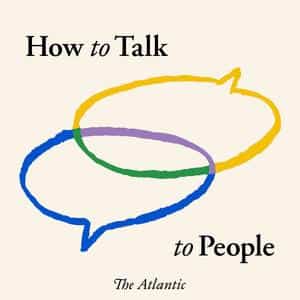
In this episode of “Science Vs”, the podcast revisits the wellness and diet category, highlighting the winners: probiotics and exercise. The focus is on exercise and its impact on various aspects of health, including weight loss, mood improvement, protection against major health issues, cancer prevention, and its benefits for chronic conditions. The episode features over 140 citations, providing a comprehensive exploration of the scientific evidence surrounding exercise.
Although exercise is often seen as a key component of weight loss, the evidence suggests otherwise. Dr. Yoni Freedhoff explains that exercise may not lead to significant weight loss and that it is important to focus on overall health rather than solely relying on exercise for weight management. Studies have shown that vigorous exercise for an extended period resulted in minimal weight loss. Additionally, the myth that people who don’t lose weight in the gym are gaining muscle is debunked. Many individuals tend to consume more calories after exercising, making weight loss through exercise unrealistic for some.
Exercise has the potential to improve mood and make individuals feel good. Studies suggest that exercise can have an immediate positive impact on the mood of healthy individuals. While exercise may be beneficial for treating depression, the evidence is mixed. Further research is needed to determine the extent of exercise’s impact on mood disorders.
Exercise plays a crucial role in protecting against major health issues such as heart disease and dementia. Research from the 1950s established a link between exercise and heart disease prevention. Aerobic exercise, like biking or running, can improve focus and attention in the short term. High levels of fitness have been shown to significantly reduce the risk of developing dementia. However, it is important to note that studies linking exercise and dementia are correlation-based, and further long-term clinical trials are needed to establish causation. Exercise also stimulates the birth of new brain cells, particularly in the hippocampus, which is important for memory. Additionally, exercise may have a positive impact on cancer prevention, particularly for colon, breast, and endometrial cancer. The potential mechanism involves the activation of natural killer cells that could kill cancer cells.
Exercise has numerous benefits for chronic conditions such as arthritis and cardiovascular fitness. It improves overall quality of life, sleep, and pain management. Engaging in sustainable exercise helps individuals remain functionally independent as they age, promoting long-term health and well-being.
Exercise is considered the single healthiest behavior a person can undertake for their overall health. While it may not be the most effective method for weight loss, exercise provides a wide range of benefits for physical and mental well-being. Incorporating exercise into daily routines is essential for maintaining optimal health.
Through a thorough examination of scientific evidence, this episode of “Science Vs” highlights the various aspects of exercise and its impact on health. While exercise may not be the ultimate solution for weight loss, it plays a significant role in improving overall health, protecting against major health issues, and potentially preventing certain types of cancer. Additionally, exercise has benefits for mood improvement, chronic conditions, and cognitive function. Prioritizing exercise as a regular part of daily life is essential for maximizing health and well-being.